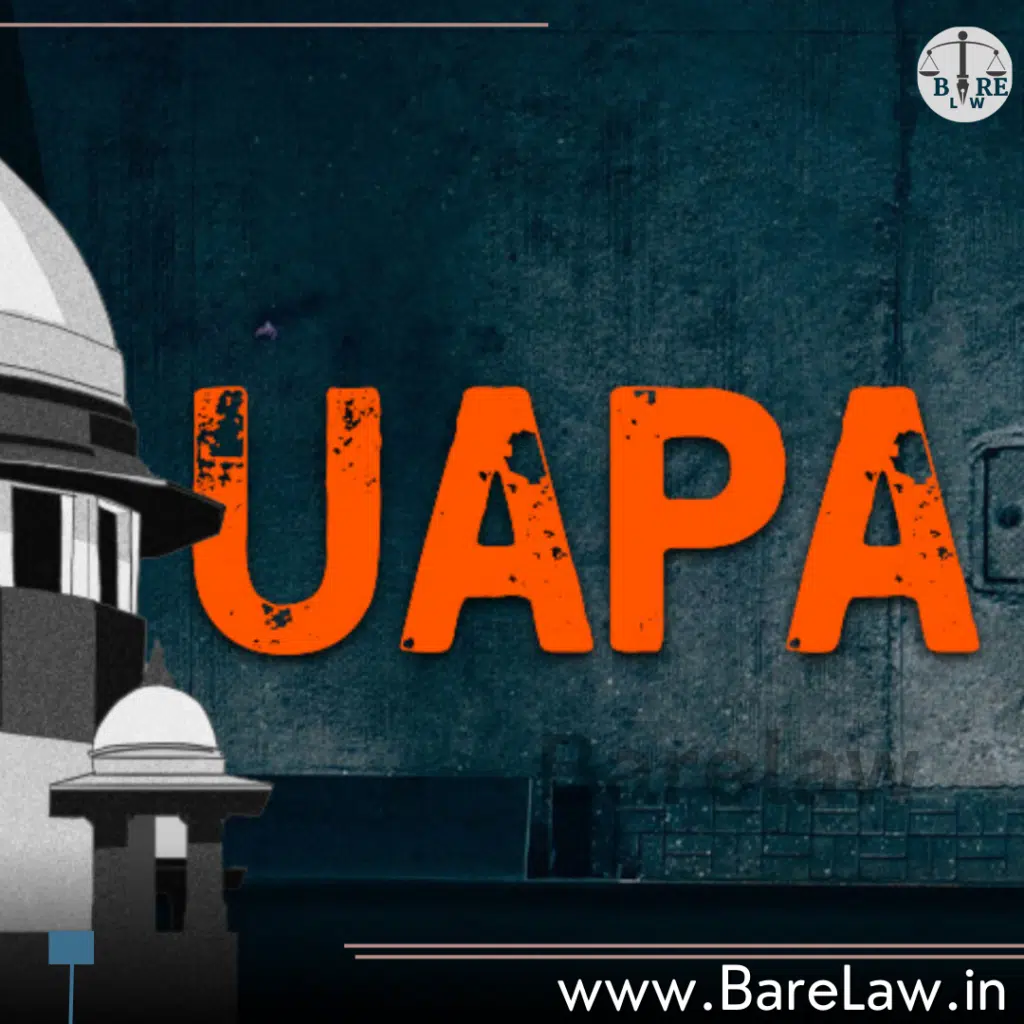
The Jammu & Kashmir and Ladakh High Court has established a critical legal precedent by asserting that arrests under the Unlawful Activities (Prevention) Act (UAPA) must be substantiated with the doctrine of “clear and present danger” to society. This milestone verdict came during the bail proceedings of journalist Fahad Shah, highlighting a nuanced interpretation of arrest justifications under the UAPA.
Background of the Case
In a landmark decision, the High Court underscored the responsibility of the investigating agencies to justify arrests on the principle that the accused presents a tangible and immediate threat to society. This doctrine is paramount, even surpassing the existence of prima facie evidence against the individual. The ruling was part of the bail grant to Fahad Shah, a journalist, and editor accused under UAPA in relation to an article published on The Kashmir Walla news portal.
Implications of the Ruling
The Court’s ruling intricately balances the stringent conditions for bail under the UAPA with the fundamental rights of the accused. It signifies a pivotal shift from the mere existence of prima facie evidence to a more substantial requirement of demonstrating a clear and imminent threat posed by the accused to society. This move is seen as a safeguard against arbitrary arrests and a protection of constitutional liberties.
The UAPA’s Stringent Conditions for Bail
Section 43D (5) of the UAPA sets forth strict conditions for the bail of accused individuals in terrorism-related cases, underscoring that no person should be released if the public prosecutor opposes bail, and there are reasonable grounds to believe the accusations to be true. The Court’s recent interpretation requires additional justification for an arrest, emphasizing the severity of the accusation of posing a clear and present danger.
The Court’s Justification
While deliberating on Shah’s bail plea, the High Court pointed out that the legislative intent behind the UAPA’s stringent bail conditions was not to unjustly incarcerate individuals who inadvertently found themselves implicated. The Court expressed that arrests without legal justification would be arbitrary and in violation of Articles 14 and 21 of the Constitution of India.
On the Merits of the Case
Examining the merits, the High Court found no evidence that the article published by Shah a decade ago incited militancy. It ruled out a conspiracy under Section 18 of the UAPA but found sufficient material for trial under Section 13 for unlawful activities. Furthermore, it negated the accusation of waging or abetting war against the government but acknowledged the receipt of overseas remittances as grounds for trial under the Foreign Contribution (Regulation) Act.
Legal Representation
Senior Advocate PN Raina and Advocate JA Hamal represented the petitioner, while Senior Additional Advocates General Monika Kohli and Mohsin Qadri represented the state.
Conclusion
This ruling is a significant juncture in India’s legal landscape, potentially influencing future bail considerations under UAPA. It underscores the judiciary’s role in maintaining a balance between national security and the protection of individual rights.



